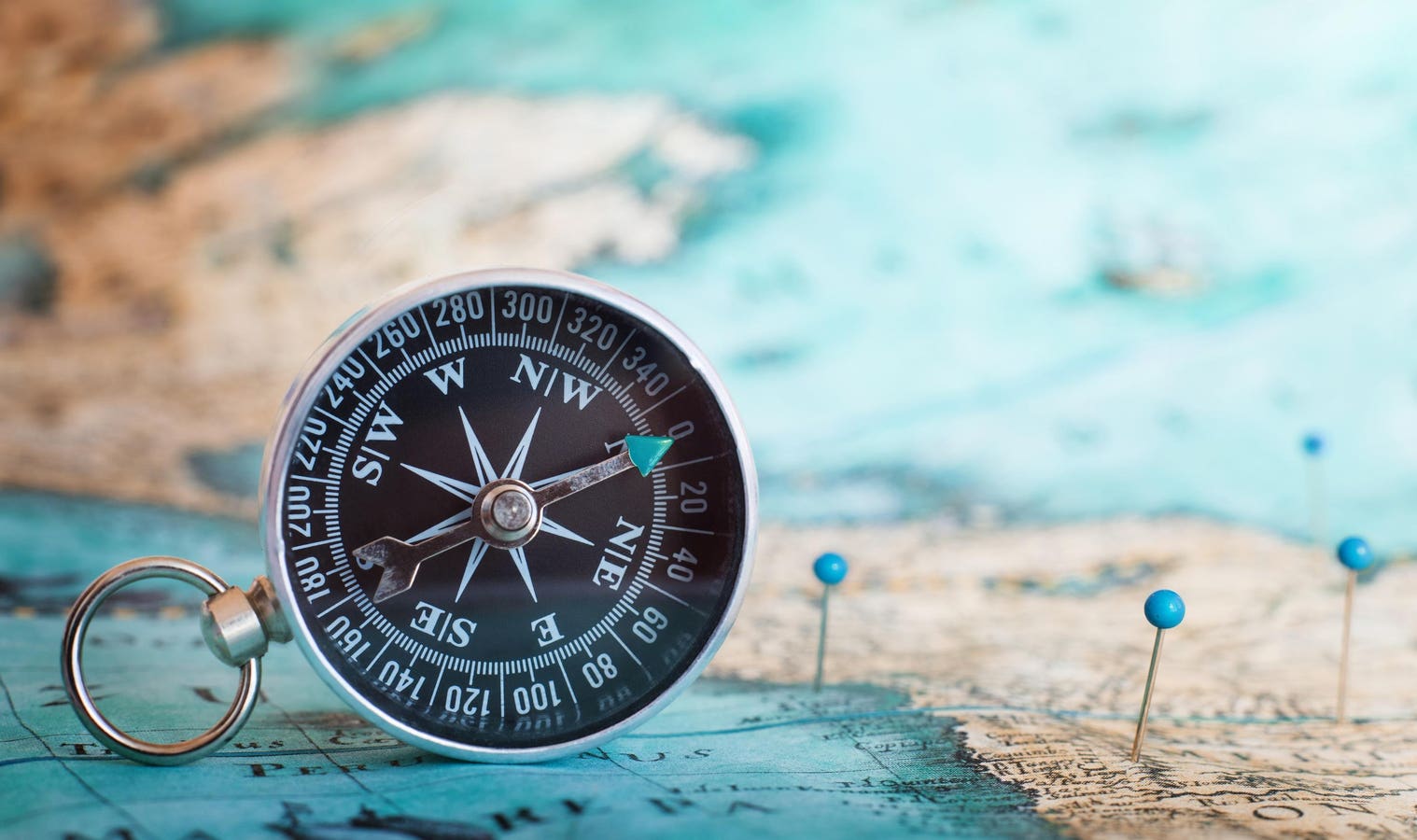The travel industry is inherently diverse, with a myriad of niches and evolving consumer preferences. This diversity creates fertile ground for early-stage startups to thrive within specific niches within the broader TravelTech landscape.
Let’s dive into five areas where startups are identifying gaps in the market, leveraging technology to enhance travel experiences, and catering to the increasing demand for authenticity, personalization, and sustainability in travel.
1. Travel Experience Platforms
One of the most significant shifts in travel is the move from destination-focused journeys to experience-centric exploration. Startups are capitalizing on this shift by creating platforms that curate unique travel experiences. For example, Travelstride connects adventurers with a myriad of experiences, from cultural immersions to thrilling adventures.
New innovative startups that are able to tap into this demand have a promising space to innovate because of the multitude of niches within this space. Startups could focus either on locations or on types of experiences in which they are experts to add the most possible value for travelers.
Example business idea – a hyper-local adventure hub: a platform that connects travelers with hyper-local adventure guides who curate experiences based on the traveler’s interests. These guides, sourced from the community, offer personalized insights and take travelers on offbeat journeys, providing a genuine taste of the local culture and landscape.
2. Peer-to-Peer Travel Exchanges
Peer-to-peer travel exchanges are gaining momentum as the sharing economy grows. Platforms like BeMyGuest enable travelers to connect with locals for authentic experiences, fostering cultural exchange and transforming the way people perceive and engage with travel.
The success of these startups is rooted in the desire for more meaningful interactions and a departure from standardized tourist experiences. Travelers are increasingly seeking local insights, and startups facilitating these connections are well-positioned for growth as they have the opportunity to redefine the travel narrative by facilitating meaningful interactions between travelers and residents.
Example business idea – a cultural immersion marketplace: a platform where locals can offer immersive cultural experiences to travelers, from traditional cooking classes to guided tours of hidden gems.
3. Personalized Travel Planning
Personalization is a driving force in the modern digital landscape, and travel is no exception. Startups leveraging artificial intelligence to deliver personalized travel planning are disrupting traditional models. AI is the main driving force behind this trend, as it allows scalable technology to cheaply understand the context and needs of the individual traveler – be it budget, interests, or time constraints.
Despite the relatively recent shutdown of Utrip, the niche is likely to see a lot of growth in the coming months and years thanks to the increasing number of developers building apps on top of the OpenAI API. In our experience, being on the cutting edge of a new technology is one of the best ways to ensure impeccable startup timing, which is one of the most important startup success factors.
Example business idea – collaborative travel planning app: an app that allows groups of travelers to collaboratively plan their itinerary. The app considers each traveler’s preferences and constraints, facilitating a democratic and personalized travel planning process. This ensures that everyone in the group has a say in the itinerary.
4. Digital Nomad Support Platforms
With the rise of remote work, digital nomads are redefining the way people approach travel.
Startups are emerging to support this growing demographic with platforms offering resources such as co-living spaces, coworking memberships, and networking opportunities.
Nomad List is a prominent example, providing valuable information on remote work-friendly cities. The success of such platforms stems from the increasing trend of individuals choosing to work from anywhere, and startups facilitating this lifestyle are tapping into a burgeoning market.
5. Adventure and Expedition Planning
The promise in adventure and expedition planning startups lies in meeting the demand for transformative and offbeat travel experiences. Modern travelers seek more than conventional sightseeing, and startups organizing extreme adventures cater to this desire for unique and thrilling escapades.
A good example is tourradar – a travel marketplace offering extreme experiences, from treks through unconventional landscapes to challenging expeditions.
Business idea – AI-powered custom expedition builder: a platform that allows adventure seekers to build their customized expeditions. Users can choose destinations, activities, and difficulty levels, and the platform connects them with local guides and necessary resources to bring their unique adventure to life.
Read the full article here





